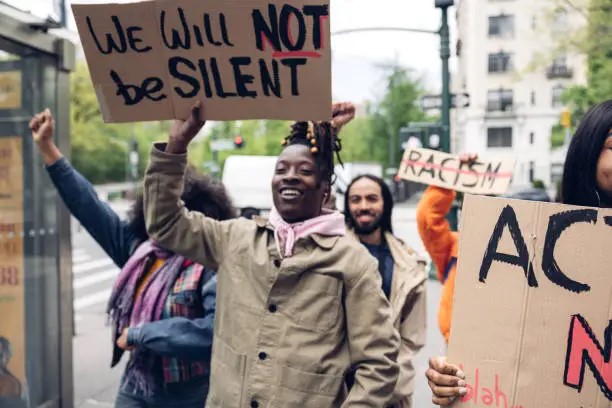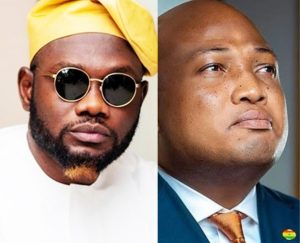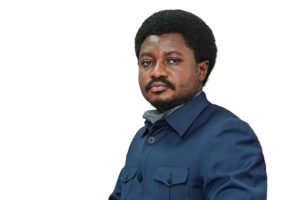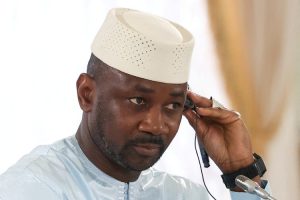White South Africans reject Trump’s ‘white genocide’ claims as false and divisive
3 min read
South Africans dismiss Trump’s white genocide claims as false and harmful to national unity.
Residents of the tranquil South African town of Noordhoek are pushing back against claims made by former U.S. President Donald Trump that white South Africans are being subjected to a systematic campaign of violence and land seizures, calling the allegations false, exaggerated, and harmful to national unity.
Trump made the controversial statements during a recent meeting with South African President Cyril Ramaphosa at the White House. In an effort to bolster his claim of a so-called “white genocide,” Trump reportedly presented a video montage and a collection of media clippings suggesting white South African farmers are being murdered en masse and displaced through racially driven policies. He accused the South African government of facilitating land seizures and enacting racist policies that endanger its white population, particularly those in the farming community.
President Ramaphosa swiftly rejected Trump’s claims, describing them as misleading and devoid of factual grounding. He emphasized that crime in South Africa affects citizens of all races and that there are no government policies specifically targeting white South Africans. “This is a distortion of our country’s reality,” Ramaphosa said, underscoring the importance of addressing national issues without resorting to divisive rhetoric.
Residents of Noordhoek, a quiet and predominantly white town situated on the Cape Peninsula near Cape Town, echoed Ramaphosa’s stance. Speaking to China Central Television (CCTV), several residents expressed shock, frustration, and disappointment over Trump’s remarks, saying they bear little resemblance to the actual conditions in their country.
“Trump is crazy. He’s saying all this stuff about white South African farmers getting killed,” said one resident. “Do you know what he did? He showed pictures of random white people that are not even from South Africa.”
Another Noordhoek local acknowledged that while crime is a problem in South Africa, it is not racially selective. “I think there are definitely certain areas within South Africa that are more dangerous,” the resident said, “but overall, I really don’t think we, as white people, are the target at all.”
Crime in South Africa is indeed a significant challenge, but data from the South African Police Service and independent researchers consistently show that violent crime cuts across racial lines. Farm attacks, often cited in international discussions, are part of broader criminal trends and do not disproportionately affect any one racial group. Analysts warn that framing such incidents as “genocide” not only misrepresents the data but also stokes racial tension and international misunderstanding.
“There’s crime amongst all the people,” said another Noordhoek resident. “Of course, in poorer areas where there’s less money, there’s more crime. But that’s true for both Black and white people.”
For many in Noordhoek, Trump’s narrative represents an unhelpful intrusion into the complex and ongoing process of reconciliation in post-apartheid South Africa. Community members say they are working to build unity and progress, and inflammatory foreign commentary only serves to undermine those efforts.
“The life here is great. Maybe not super safe, but in Noordhoek, it’s very safe,” a resident added. “We’ve got our issues, like every country, but this talk of genocide? That’s just not reality.”
Trump’s comments have also drawn criticism from South African government officials and civil society leaders, who accuse him of politicizing South Africa’s domestic affairs for ideological gain. The country’s Police Minister Bheki Cele has also labeled the genocide claim “twisted,” pointing out that crime statistics do not support any narrative of racially motivated extermination of white farmers.
As debate continues to swirl internationally, many South Africans — across racial and political lines — are calling for a more informed and balanced understanding of their nation’s realities. They emphasize the need for solidarity, context, and responsible discourse when addressing sensitive social and political issues, particularly from high-profile international figures.
Ultimately, the people of Noordhoek and beyond seem united in one message: South Africa has challenges, but white genocide is not one of them.





